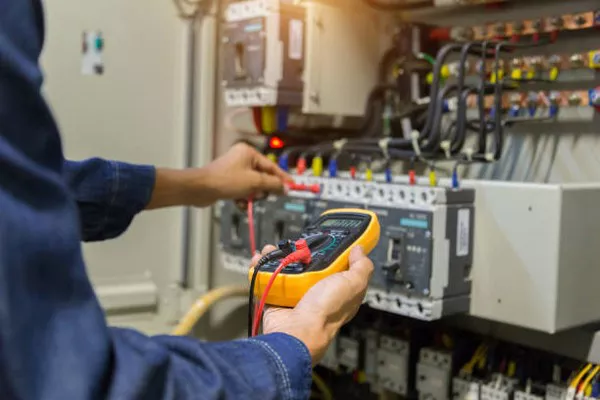In a recent development in the field of artificial intelligence (AI), a collaborative research effort led by Professor Seyoung Kim from POSTECH and Professor Hyung-Min Lee from Korea University has yielded a significant breakthrough. The team, including alumnus Kyungmi Noh and PhD student Hyunjeong Kwak, recently published their findings in the esteemed journal Science Advances, showcasing the potential of Electrochemical Random Access Memory (ECRAM) devices in maximizing AI computational capabilities.
The increasing complexity and demands of AI applications, such as generative AI, have pushed traditional digital hardware to its limits. This has spurred a growing interest in analog hardware specialized for AI computations. Analog hardware operates by adjusting semiconductor resistance based on external voltage or current and utilizes a cross-point array structure with vertically crossed memory devices to allow for parallel AI processing. While analog hardware offers advantages over digital counterparts for specific tasks and continuous data processing, meeting the diverse requirements for computational learning and inference has remained a challenge.
Addressing the limitations of analog hardware memory devices, the research team focused on ECRAM, which manages electrical conductivity through ion movement and concentration. These devices possess a distinctive three-terminal structure with separate paths for reading and writing data, enabling operation at lower power consumption levels compared to traditional semiconductor memory.
The team successfully fabricated ECRAM devices in a 64×64 array configuration. Experimental results demonstrated the exceptional electrical and switching characteristics of the hardware, coupled with high yield and uniformity. Leveraging the Tiki-Taka algorithm, an advanced analog-based learning algorithm, the researchers achieved significant improvements in the accuracy of AI neural network training computations. Notably, the team highlighted the impact of the “weight retention” property of hardware training on learning outcomes, emphasizing the potential for commercialization of this technology.
Professor Seyoung Kim of POSTECH expressed optimism about the potential of large-scale arrays based on novel memory device technologies and the development of analog-specific AI algorithms in enhancing AI computational performance and energy efficiency beyond current digital methods.
This research, supported by key entities such as the Ministry of Trade, Industry and Energy, the Korea Planning & Evaluation Institute of Industrial Technology, and the Korea Semiconductor Industry Association, marks a pivotal step towards advancing AI hardware capabilities and sets the stage for the future commercialization of innovative analog computing technologies.

